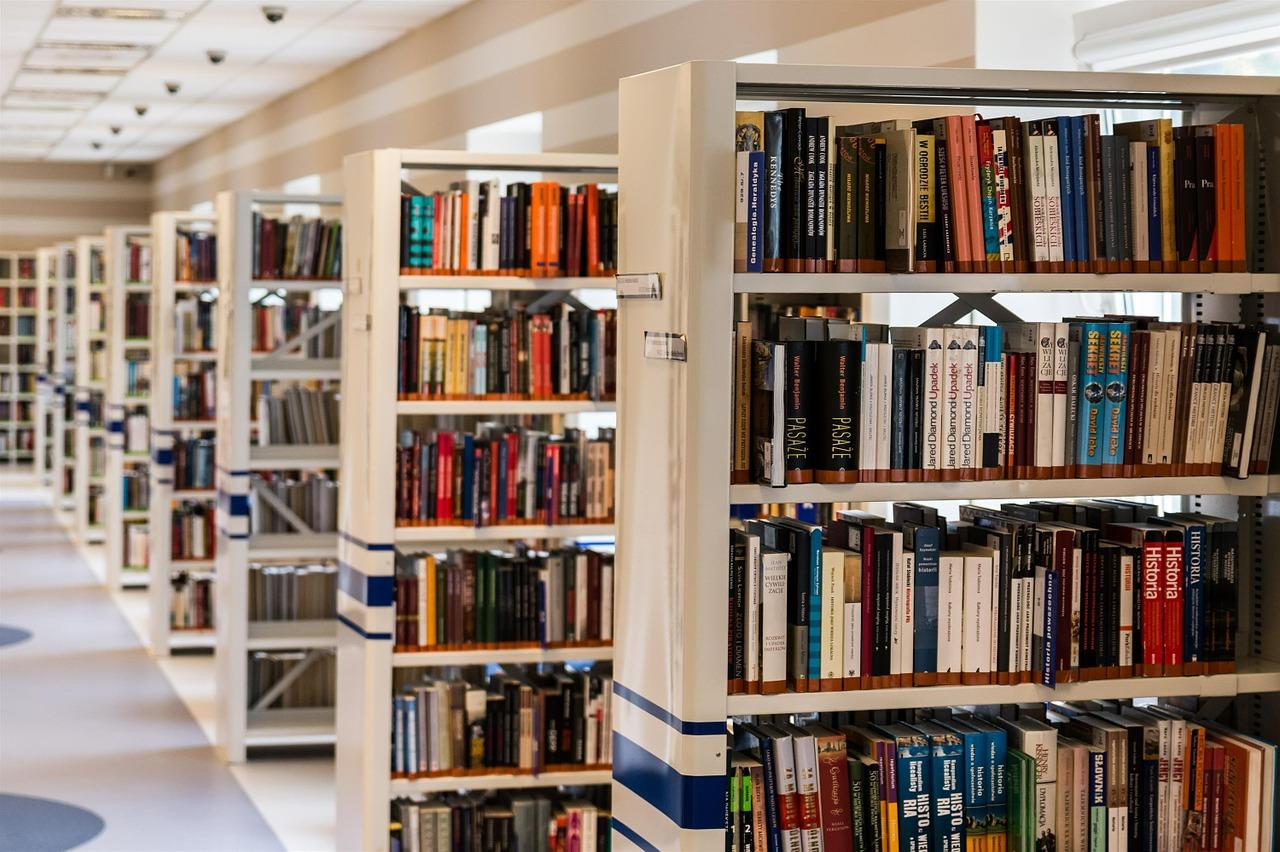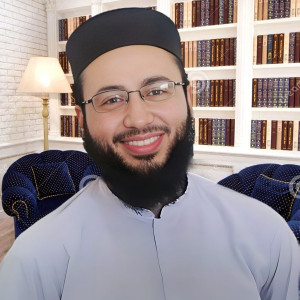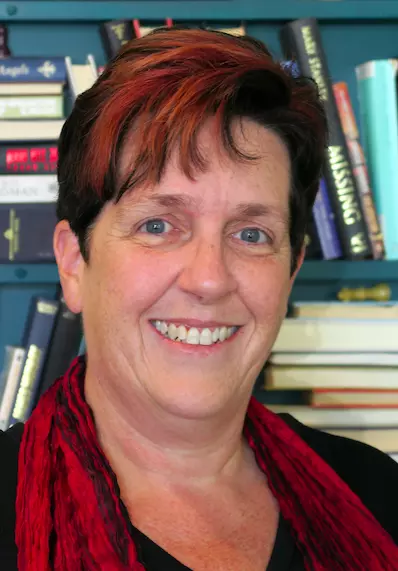Learn a language and you'll avoid a war.
~ Arab proverb ~
Arabic is identified as the official language of twenty-five countries. In 2020, it was estimated that 274 million people around the world, both native and non-native speakers, speak Modern Standard Arabic. If you include all the different versions of Arabic, such as Egyptian Arabic or Gulf Arabic, that number increases to 420 million people.
With these numbers in mind, and given the many travel and career opportunities speaking Arabic affords, you might think it would be a popular language to learn in Australian schools — but while it is one of the priority languages in the Australian Curriculum, finding a school where you can study Arabic can prove difficult.
The current lack of school programs for Arabic does not mean you won't be able to study it. You just need to look a little farther afield to find the right course. And why wouldn't you — because it's a fascinating language to learn.

Is Arabic Taught in the Australian Curriculum?
For such a widely spoken language, studying Arabic isn't as common as it should be amongst high school students, and certainly not among mainstream primary school students. For a number of years now, the most popular and commonly offered languages during the compulsory school years have remained stable — French, Japanese, Mandarin, Italian, Indonesian and German.
It can be a bit of a vicious cycle. For a language to be offered in a school, there need to be two things:
- a teacher trained in the language subject
- enough student interest to warrant running the language course.
If one of these factors is missing, the language course will not be offered and students will have to learn a different language.
Check out Arabic classes in Sydney.

To stand out in the international job market, however, it makes sense for students to opt for the more 'niche' languages. With Arabic being the sixth most widely spoken language, there are widespread opportunities in Arabic-speaking markets and, with the spread of the language, the ability to speak and read Arabic at a proficient level is predicted to become even more important.
Why not search for a school where you can learn Arabic?
Learning Arabic in Senior Secondary School
In the Australian Curriculum, the study of Arabic can start at foundation level and progress through to Year 10. Students can also opt to continue their studies, or start learning Arabic from scratch in senior secondary school (Years 11 and 12) if they wish to include it as one of their ATAR subjects.
As mentioned previously, finding schools where you can begin or continue studying Arabic can be tricky. Muslim schools obviously teach Arabic but it may be that you need to look beyond your local institutions to find Arabic courses. Be aware that if a student can demonstrate their reasons for wanting to study and learn Arabic, most senior secondary programs allow a student to gain credits if they learn through a recognised online program.

Whether or not a student wants to include their Arabic studies in their ATAR package, it is possible to study the language independently of their school program.
In fact, more students are studying Arabic as part of a Year 12 package in this way.
Studying Arabic at University or Tertiary Level
Starting your Arabic learning journey at university is also a possibility. Most foreign languages degrees tend to commence with the basics anyway as enrolling students have a wide range of skills and are never all at the same level.
If you have been studying Arabic for several years and can prove your Arabic speaking and written proficiency level, your university will probably give you credits so you don't have to waste time in a course where you know everything.

For those students who are completely new to the Arabic language and culture, be aware that a foreign language or Arabic degree at university is intense! The course curriculum moves through content at a much more rapid pace than in high school and every student is expected to keep up. Once you fall behind in your work, it can be difficult to catch up again.
The first year of your degree in Arabic will likely focus almost solely on the language itself — learning the alphabet, how to read, pronunciation and studying grammar structure. Mixed in with this will, of course, be cultural studies as the two (language and culture) go hand-in-hand.
During the second and subsequent years of your degree, there will be some compulsory modules and courses but also an opportunity to follow your own study path, selecting subjects of personal interest or with your intended career in mind.
There is a lot to know about undertaking a university degree in Arabic, or degrees with Arabic language and culture as your major, so make sure you do your research.
You've Graduated with a Degree in Arabic — Now What?
There are so many career options for a student who is studying languages at the university level.
Most people automatically think about teaching as a career choice.
To do this, you will need to study and obtain a Bachelor of Education, with majors in languages methodology, Arabic and at least one other language. For a student who has already graduated with a degree in Arabic, like an arts degree, there are postgraduate options as well.
With your education degree in hand, you can get a job in a primary school, high school or college as a foreign language teacher.

Of course, not all teachers work in the traditional school setting. If you want to help students improve their Arabic skills but don't have a Bachelor of Education, you can still work in language schools, evening class programs or work with individual students or small groups as a private tutor. Finding work as a tutor in the university setting may also be an option.
If you would like to work in an international setting, your skills in speaking Arabic and knowledge of culture could pave the way for gaining work as a teacher in countries where Arabic is spoken. International schools and English language centres can be a good place to start looking and while a Bachelor of Education is an asset, it is not always one of the requirements.
Teaching is not for everybody though, and there are plenty of other options where your Arabic skills will be an asset, including:
- interpreting and translation work
- international travel and local tourism
- airline crew or staff
- journalism and communications
- consultancy (international business and relations).
Really, this is only the beginning as the careers available to you as a speaker of Arabic are unlimited. While a number of careers require additional postgraduate study, many don't and it's often a matter of getting out there and obtaining experience.
Get off to a great start with Superprof
Whether you have decided to learn Arabic from scratch, either for fun or for career advancement, or you are needing to brush up on your written skills or speaking proficiency level to meet the requirements of your dream job, there will be a private tutor on Superprof who can help you achieve your goals.
Superprof tutors generally offer three types of tutorials — face-to-face private tutorials, online private tutorials and small group tutorials (which can be face-to-face or online). There are a few differences between them in terms of cost and the mode of delivery but essentially, for each type, students can expect to receive a program of learning tailored precisely to their needs and goals.
- Face-to-face tutorials
Each lesson is just you and your tutor. This is traditional tutoring and remains the most popular form. Every minute of the lesson is focused on you and your progress and it is the best way to ensure you get regular practice and feedback.
- Online tutorials
The last couple of years have really bought online learning to the forefront of education and many students are now continuing to prefer this mode of delivery for private lessons. The benefits are the same in that, as the student, you have the undivided attention of your tutor who will tailor your work and each lesson to meet your requirements. The added advantage is that you and your tutor do not need to be in the same community, let alone the same state or even the same country. Online tutoring is also slightly cheaper than face-to-face as the tutor does not have to factor in travel expenses.
- Small group tutorials
As with one-on-one tutoring, small group tutorials can take place in person or online. The advantage of learning with a small group is that you have other students to practise with and learn from. It is also cheaper as the cost is shared. The disadvantage is that you have to share the tutor's time with your fellow students and you may not always get exactly what you need.
Make sure you know your personal requirements and restraints (like budget), then jump online to the Superprof platform and find the perfect tutor for you.
Discover amazing Arabic language courses here on Superprof!
Summarise with AI:

























